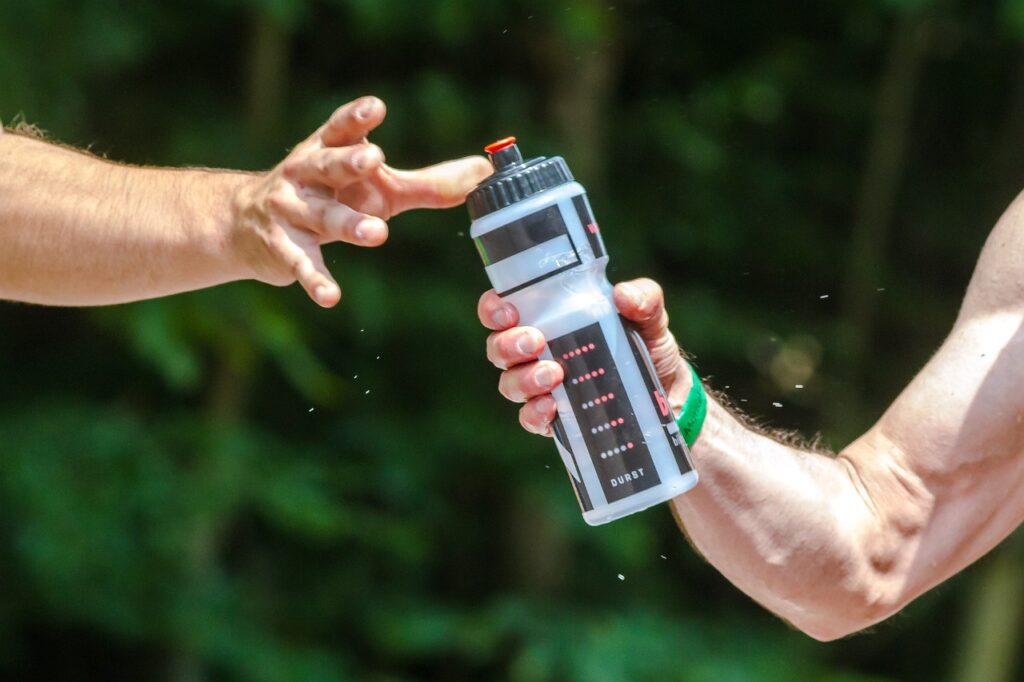The essential role of electrolytes in marathon running
Running a marathon is a feat that demands not just immense physical strength and endurance but also a deep understanding of one’s body, particularly when it comes to hydration and electrolyte balance. Whether you’re a seasoned marathoner or gearing up for your first Marathon, understanding the critical role of electrolytes is essential for crossing the finish line not just with zeal but also with health.
Understanding Electrolytes
At the core of every marathon runner’s performance is a delicate balance of electrolytes. Electrolytes are minerals in your blood and other body fluids that carry an electric charge. They are essential for a multitude of bodily functions, including muscle contractions and nerve signaling, making them crucial for runners. The primary electrolytes include sodium, potassium, magnesium, and calcium, each playing a unique role in your body. Sodium, for instance, helps maintain fluid balance and nerve function, while potassium aids in muscle contractions and heart rhythm maintenance.
Running, especially over long distances like a marathon, puts your body under extreme stress, leading to sweat and the subsequent loss of these vital minerals. This loss, if not properly addressed, can lead to an electrolyte imbalance, which might manifest as muscle cramps, fatigue, nausea, or even more severe conditions such as hyponatremia (low blood sodium levels).
The Impact of Running a Marathon on Electrolytes
Marathon running is not just a test of endurance but also a challenge to the body’s ability to maintain its electrolyte equilibrium. The longer you run, the more you sweat, and the more electrolytes you lose. This is why marathoners often find themselves grappling with symptoms of electrolyte imbalance mid-race or post-race. The physiological demands of continuously propelling oneself forward for miles result in significant fluid and electrolyte depletion, necessitating a strategic approach to replenishment.
Understanding the common signs of imbalance is crucial. Symptoms can range from mild, like muscle cramps and fatigue, to severe, such as confusion and rapid heart rate. Ignoring these signs not only hampers performance but also poses serious health risks.
Maintaining Electrolyte Balance
For marathon runners, maintaining electrolyte balance starts well before race day. Incorporating electrolyte-rich foods into your diet, such as bananas, potatoes, dairy, and leafy greens, can bolster your reserves. During the race, electrolyte supplements or sports drinks can be lifesavers, offering a quick and efficient way to replenish lost minerals. Hydration, too, plays a pivotal role, with the aim being to drink fluids with electrolytes at regular intervals rather than relying solely on water, which can dilute sodium levels dangerously.
Post-race recovery involves continued attention to electrolyte and fluid intake to restore balance and support muscle recovery. Understanding your body’s signals and planning your hydration and electrolyte strategy can make the difference between hitting the wall and breaking through it.
Electrolytes are more than just a buzzword in the marathon community; they are a crucial component of a runner’s arsenal for optimal performance and health. As you prepare for your marathon journey, remember that understanding and managing your electrolyte balance is as vital as your miles logged. Embrace the challenge with knowledge and preparation, and you’ll not only reach the finish line but also enjoy the journey there.
Next step
We are proud to anounce that we becoming a official partner of SHIMANO BENELUX B.V. and and supplier of Sis Sports Nutrition products. We can support you in the last Marathon phase helping you to develop a program to use Nutrition during the Marathon race.
Order in 24 hours your marathon package products for the marathon race and get a free program to use Electrolytes during the Marathon race. This personal free program includes the Pre-Marathon Preparation (6 days before the race), the Night Before, race Day – Pre-Race, during the Marathon and post-Marathon Recovery. Order now!!

